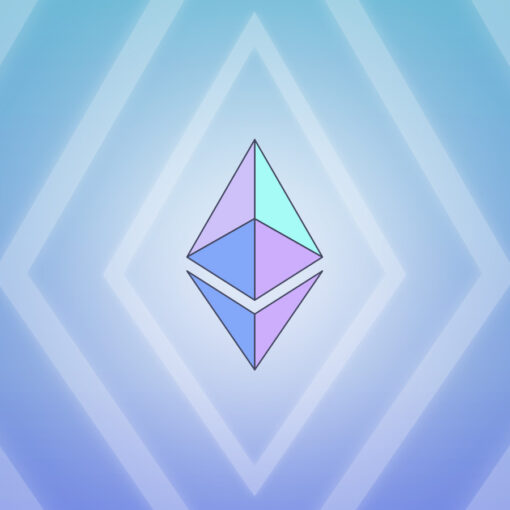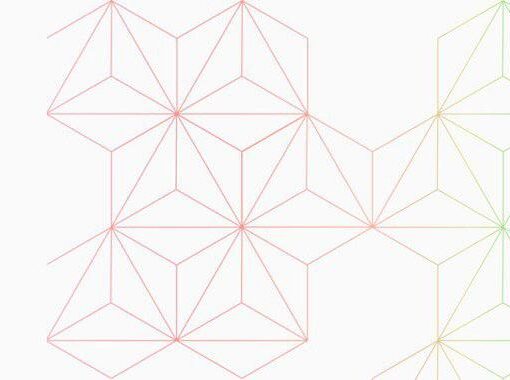[ad_1]
Regarding electronic identity documents that constitute a prelude to the digital transition, DGSN further reinforced the digital infrastructure of administrative services provided to citizens and foreign nationals residing in Morocco, including identity documents, residence permits and administrative certificates, the General Directorate of National Security (DGSN) points out in a press release on its results for 2023.
The process of opening up to various public and private service providers was also strengthened, through the conclusion of partnerships and agreements aimed at generalizing the use of the “Trusted Third Party” platform for identity verification linked to the “Digital Identity” space, which was developed by DGSN, the same source adds.
The “Trusted Third Party” platform is an information mechanism that allows citizens to securely access the various services provided by public and private sectors, in a way that protects their personal data, as it allows the holder of the national electronic identity card to identify oneself and verify one’s identity and its use in the various administrative and banking operations instantly, automatically and securely with service providers, whether in physical presence using the card equipped with an electronic chip, or online using the “Digital Identity” system.
To consolidate this system developed by DGSN services and made available to citizens and banking institutions, DGSN services launched, during the year, the “Mon identité numérique” (My digital identity) application, downloadable on the most used mobile operating systems, and which allows citizens to create, monitor and exploit their identity within the digital space in a secure and personal way, based on the data contained in the national electronic identity card (CNIE).
This application was also reinforced through the launch of the interactive digital portal “www.identitenumerique.ma”, which allows citizens to benefit from digital identity services without having to download the application on mobile phones.
Strengthening Participatory Process of Public Services’ Simplification
This year was also marked by strengthening the participatory process of public services’ simplification. Thus, DGSN shared the experiences it has accumulated in the management of identification data and their use in the digital space through the signing of new agreements with the Ministry of Health and Social Protection, the Supervisory Authority of Insurance and Social Welfare (ACAPS), the Ministry of Youth, Culture and Communication, the Ministry of National Education, Preschool and Sports, the National Fund of Social Welfare Organizations, on the use of the “Trusted Third Party” platform in order to verify digital identity in public and private services provided to citizens. Moreover, DGSN signed a memorandum of understanding with the Court of Auditors to facilitate the action of financial courts, in addition to several memorandums of understanding with numerous private companies and service providers nationally, which in turn aim to benefit from this new digital service.
2023 was also marked by the continued implementation of the strategy of bringing together and generalizing CNIE services for all citizens, through the creation of 32 mobile units for the issuance and renewal of the electronic national identity card. These are vehicles equipped with two platforms to record citizen identification data for the population living in geographically remote regions and mountainous rural areas. The overall number of beneficiaries of this mobile service reached 128,451 people.
This year also observed a sustained and prompt response to citizens’ requests for electronic and administrative identification documents, along with residence permits for foreigners. A cumulative total of 4,269,781 new-generation electronic national identity cards were issued. Among these, 3,077,398 were generated at the Rabat issuance center, while 1,192,383 were produced at the supplementary issuance center in Marrakech as part of the proximity policy with citizens.
Furthermore, a total of 348,070 electronic national identity cards were issued for members of the Moroccan community residing abroad, with 45,739 allocated to minor children. This also encompasses the issuance of 1,552,306 anthropometric sheets, 43,807 residence permits for foreigners, 20,031 entry visas to the national territory, and 2,246 exceptional new-generation residence permits.
2023, Deployment of Unified Police Telecommunications Network
In the year 2023, the technical services of the General Directorate of National Security (DGSN) have significantly propelled the digitization of public safety services, thereby markedly enhancing security performance.
This strategic initiative encompasses the nationwide deployment of a unified police telecommunications network—an exceptionally secure infrastructure comprising optical fibers that interconnect 57 cities across the country. This network ensures secure telecommunications and expeditious data transfer, specifically tailored to meet the operational requirements of security service management.
The development of this network has attained an advanced stage, encompassing 19 centers nationwide, the press release notes.
Furthermore, the technical services of the DGSN have devoted efforts to the creation of various applications and information technology solutions, empowering police officers to execute their missions with increased efficiency. This endeavor includes the finalization of the deployment of the Police District Management Information System (GESTARR) and the integration of additional services, notably linking it to the new information system managing criminal cases for police districts. Currently, this system is undergoing experimental use in 350 police stations within the police prefectures of Kenitra, Tangier, Meknes, Marrakech, Settat, and the provincial security of Safi.
To boost the efficacy of security interventions on public roads and fortify control mechanisms for police patrols, a geographic location system utilizing the Global Positioning System (GPS) is being adopted. This is achieved through the installation of GPS devices on 800 police vehicles and motorcycles, automatically synchronized with the Security Intervention Information System. This initiative aims to enhance the speed of response to citizens’ calls as part of the ongoing and gradual implementation of this mechanism in the near future.
As part of a strategic plan to incorporate artificial intelligence techniques in policing, the DGSN has introduced a new technological system focused on leveraging urban surveillance camera networks and mobile cameras of DGSN to automatically read vehicle license plates on urban roads. Currently, this process is undergoing experimental implementation in the police prefectures of Casablanca and Agadir.
In the current year, DGSN recalls, 228 reported stolen cars and vehicles were intercepted, along with 585 vehicles whose owners were subjects of national search notices due to suspicions of involvement in criminal activities.
The technical services of the DGSN are actively engaged in the development of new software that utilizes artificial intelligence to identify individuals and ascertain the identity of those subject to search notices. This experimental technique has demonstrated significant effectiveness in monitoring and neutralizing individuals posing serious threats to the safety of citizens and their property.
In a commitment to harness modern communication technologies for the welfare of citizens, the DGSN has initiated the utilization of social network Facebook for publishing and disseminating search notices for missing children sought by their families. This is facilitated through Tifli Moukhtafi, a newly developed software connected to police districts nationwide. This system has streamlined the publication of a total of 222 circulars nationwide, expediting the search for missing children.
[ad_2]
Source link




 Bitcoin
Bitcoin  Tether
Tether  XRP
XRP  USDC
USDC  Lido Staked Ether
Lido Staked Ether  Dogecoin
Dogecoin  LEO Token
LEO Token